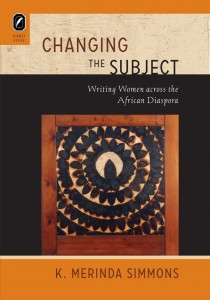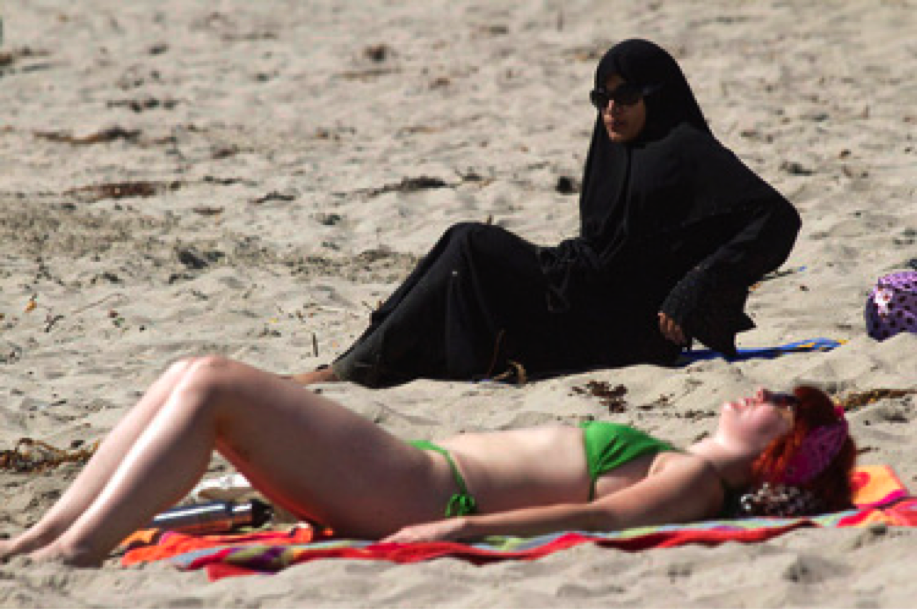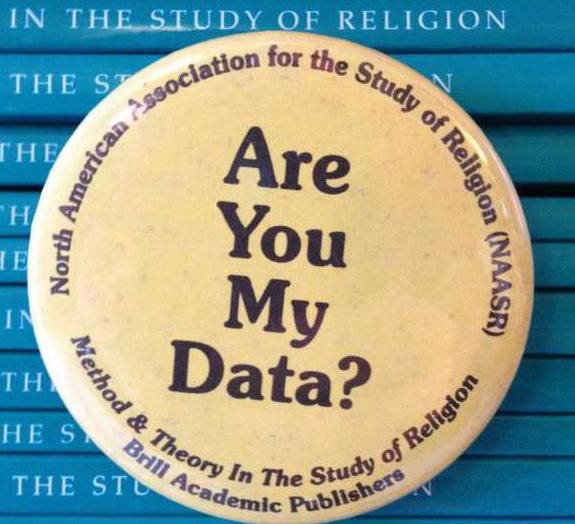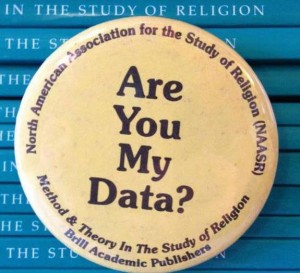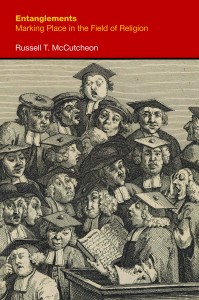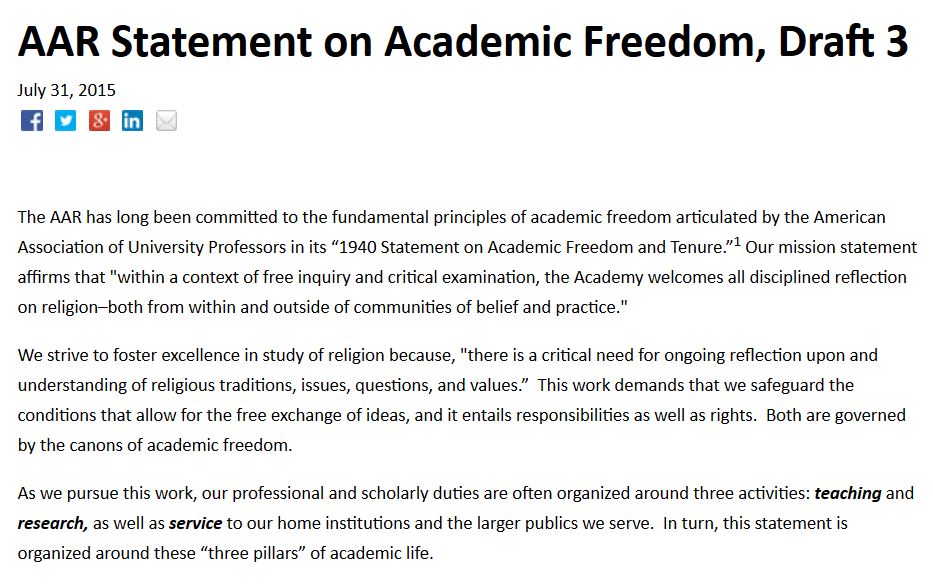
Recently, the Board of Directors of the American Academy of Religion released a draft update to its 2006 statement on Academic Freedom and the Teaching of Religion and solicited feedback from members. Given that the members of Culture on the Edge are all scholars of religion, some have opted to offer their feedback to the AAR via this short series of posts on our site. (An index to all the posts in this series can be found here)
Monica Miller
As a scholar on the “critical” side of many debates in the study of religion, I have a general frustration with the impact of religious institutional footprints, affiliations and ethical assumptions on the American Academy of Religion. The language of “…within and outside of communities of belief and practice” and talk of “…religious traditions, issues, questions, and values” in the recent proposed revisions on the AAR Statement on Academic Freedom comes as no surprise. Continue reading “Response to the American Academy of Religion’s Statement on Academic Freedom, Part 5”

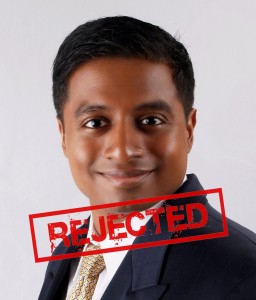
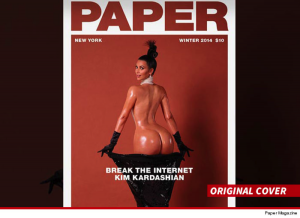 As I’m sure we’ve all heard by now, Kim Kardashian’s backside, displayed for the world’s consumption and viewing pleasure (or not) on the front cover of
As I’m sure we’ve all heard by now, Kim Kardashian’s backside, displayed for the world’s consumption and viewing pleasure (or not) on the front cover of 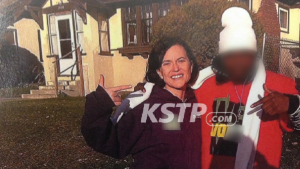 In December of 2013, Russell McCutcheon
In December of 2013, Russell McCutcheon 

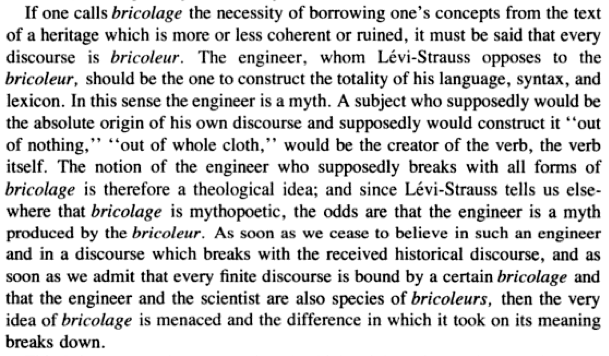 – Jacques Derrida, Writing and Difference (1978), p. 285
– Jacques Derrida, Writing and Difference (1978), p. 285